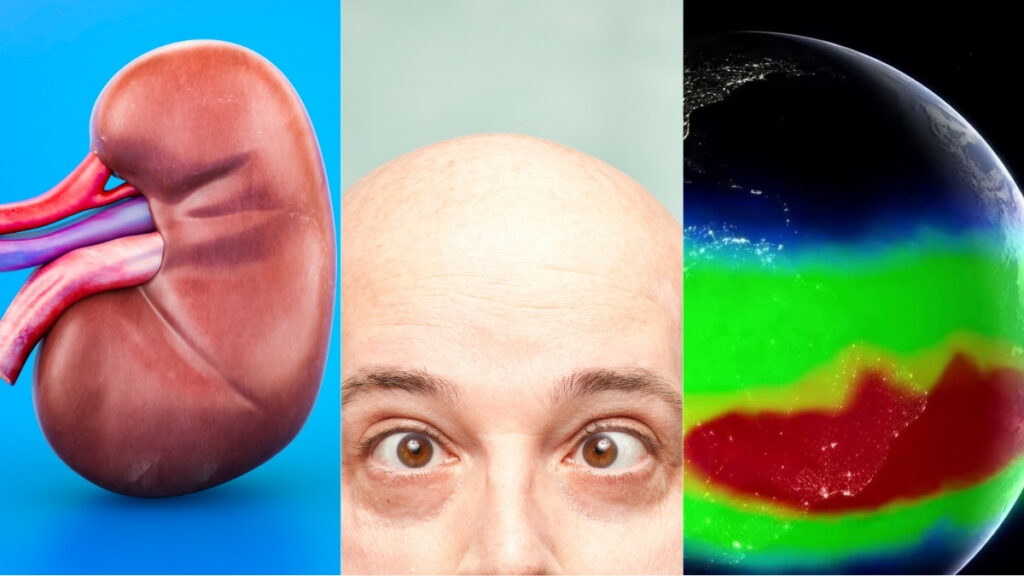
This week has seen remarkable advancements in various scientific fields, including the creation of a ‘universal’ kidney, a promising Alzheimer’s treatment, and notable findings regarding Earth’s magnetic field. These discoveries highlight the ongoing efforts to enhance human health and understand our planet.
Universal Kidney Developed for Transplantation
Researchers have successfully conducted the first human tests of a ‘universal’ kidney that has the potential to be transplanted into any patient, regardless of blood type. Biochemist Stephen Withers described the breakthrough, stating, “It’s like removing the red paint from a car and uncovering the neutral primer. Once that’s done, the immune system no longer sees the organ as foreign.” This innovative approach could significantly address the ongoing organ transplant shortage.
Promising Alzheimer’s Treatment Shows Rapid Results
A new treatment for Alzheimer’s disease has demonstrated the ability to clear harmful protein clumps from the brains of mice within hours. After three doses, the treated mice exhibited cognitive abilities comparable to healthy peers in spatial learning and memory tasks. This treatment could pave the way for future therapies aimed at slowing cognitive decline in humans.
Further insights into the brain’s potential were revealed in a separate study, which found that several psychological traits peak between the ages of 55 to 60. Researchers noted that traits such as conscientiousness peak around age 65, while emotional stability reaches its highest point around age 75, offering a reassuring perspective on aging.
Significant Changes in Earth’s Magnetic Field
New satellite data has unveiled a vast anomaly in Earth’s magnetic field that has expanded by half the size of continental Europe since 2014. Scientists are currently investigating the underlying causes of this phenomenon, noting that the magnetic field in the affected region is behaving unexpectedly. This anomaly could have implications for navigation systems and satellite operations.
In another area of research, a study revealed that the natural sweetener stevioside significantly enhances the effectiveness of the hair loss treatment minoxidil. When combined and delivered through a microneedle patch, this treatment achieved a 67.5 percent coverage of the treatment area by day 35, showcasing the potential for improved hair regrowth therapies.
Finally, the Nikon Small World photomicrography competition has awarded stunning images that capture the intricacies of life at the microscopic level. A close-up of a weevil on a single grain of rice won the accolade, highlighting the beauty and detail present in the smallest realms of existence.
These developments not only illustrate the progress in understanding health and the environment but also hold promise for future innovations that could enhance quality of life and expand our knowledge of the world around us.







